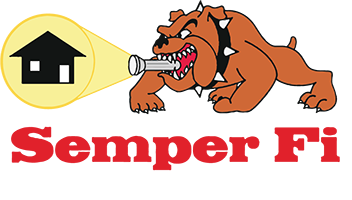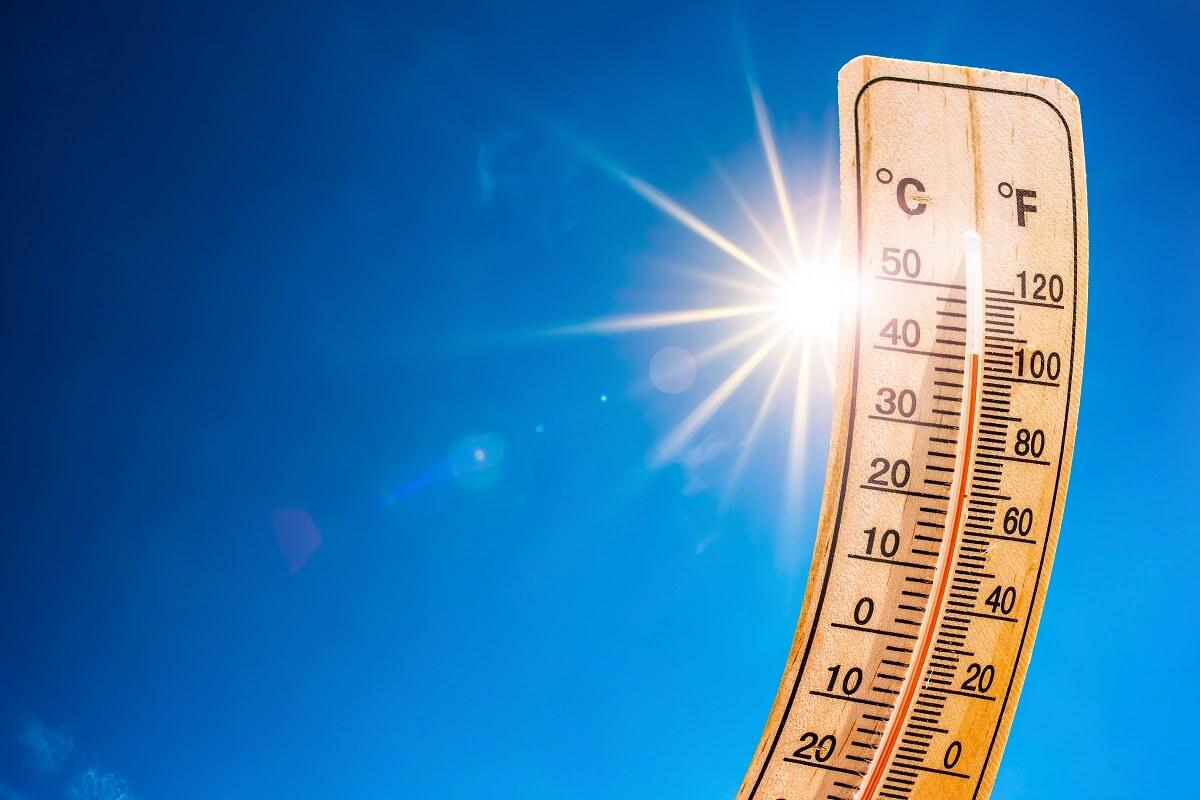We are all aware of the dangers of extreme heat to our person – things like heat stroke – but did you know extreme heat can take a toll on your house?
Heatwaves are a common occurrence in many parts of the world, but they can have devastating effects on your home if you’re not prepared. Here are 5 ways heatwaves can damage your house, and 5 things you can do to prevent it.
Prevention: De-humidification
High heat can cause your home to become humid, which can lead to a number of problems. De-humidification is one strategy you can use to reduce the impact of high heat on your house. You can also try to keep your home cooler in the summertime by using strategies like air conditioning and fans.
Prevention: Ventilation
When it comes to high heat, one of the most important things you can do is ensure proper ventilation in your home. Proper ventilation means that hot air and fumes are able to escape and be replaced with cooler, fresher air.
Attics often lack good airflow. An attic is usually the hottest and most humid part of the house. Excess moisture and heat under the roof can cause the shingles to deteriorate at an accelerated rate.
When heat builds up inside a building, it can cause problems like excessive humidity and poor air quality. In extreme cases, improper ventilation can lead to structural failure or even death. So make sure you have adequate ventilation in your home to handle high heat conditions – it could mean the difference between a comfortable living space and a deadly one.
Prevention: Waterproofing
A properly installed and maintained waterproofing system can help protect your home from the impact of high heat. By limiting the amount of moisture that can penetrate your home, a waterproofing system can help keep your floors, ceilings, walls and insulation from deteriorating in the extreme heat. In some cases, a properly installed and maintained waterproofing system may also protect your property from wind damage.
Prevention: Insulation
Heat can cause significant damage to your home if not properly insulated. Proper insulation can help reduce the amount of heat that reaches your house and can help to protect your property from potential damage. If you are experiencing excessive heat in your home, be sure to contact a professional to evaluate the situation and determine the best course of action for protecting your home.
Damage to Roofing
The high temperatures can potentially cause damage to your roof. The roofs are made of a variety of materials that can be damaged by the extreme heat. The hot weather can also cause the roof to leak, which will then damage other parts of your house.
Your roof can expand and warp, causing shingles to crack – which can lead to future leaks. Caulking around the flashing can also dry out, weakening the roof’s structure. If you see any signs that your roof is in danger, it is best to have it inspected by a professional.
Damage to Structure
Windows and Doors
If your house is located in an area with high heat, you may experience damage to your windows and doors. The intense heat can cause the glass to melt, warp, and even break. In extreme cases, the door may be pushed open from the inside due to the heat. If you live in an area with high heat, be sure to keep a close eye on your windows and doors to make sure they are safe.
Foundation
As the ground heats up, the soil around your foundation will shrink. This causes soil to separate from the footing, potentially damaging to the foundation.
Floors
Extreme heat is not kind to floors – putting at risk your subfloor, and your hardwood floors. Floorboards can warp or expand from the humidity that often comes along with extreme heat, causing a shift and creating an uneven surface.
Damage to Electrical Appliances
When temperatures exceed a certain point, electrical appliances can start to malfunction.
When the temperature inside creeps above 80˚F, the refrigerator and stand-alone freezer run hotter, and air conditioning systems need to work more to keep the house cool.
When it’s so hot that appliances start to malfunction, this can be dangerous if not addressed quickly, as an electric stovetop or oven can cause fires. Larger appliances, such as washers and dryers, may even overheat and catch on fire if left unattended. In extreme cases, entire houses can be damaged by overheated electrical systems. By understanding the risks posed by high heat and taking appropriate precautions, you can keep your home safe from damage.
Potential Damage to Woodwork
High heat can cause damage to wooden furniture and other woodwork in your home. The high temperatures, especially when combined with humidity, can cause the wood to warp, crack, and even (in extreme cases) catch on fire. If you live in an area with high heat exposure, it is important to take precautions to protect your belongings.
Plumbing and Drainage Systems
If your home is located in an area with high heat, it is important to take precautions to protect your plumbing and drainage systems from damage. When the temperature outside climbs above 90 degrees Fahrenheit, water can start to boil at a much higher temperature inside the piping.
This can cause metal pipes to expand and tear, or even cause entire systems to fail.
When it’s hot, homeowners are more likely to use a hose, run a sprinkler or fill a swimming pool. This heavy water volume can damage pipes if they are poorly sealed.
In extreme cases, boiling water can also cause fires. To prevent these types of problems, you should make sure that all of your plumbing and drainage systems are properly installed and maintained. If something does go wrong, be sure to call a professional as soon as possible for help.
Safety Precautions for Heatwave Damage
During a heatwave, it is important to take precautions to avoid damage to your home. Make sure to keep an eye on the weather forecast and plan ahead for things like turning off unnecessary appliances when the temperature hits high temperatures, using air conditioning when necessary, and keeping a close eye on children and pets who may be more likely to overheat.
Additionally, be sure to follow safety guidelines for staying safe in hot weather such as avoiding overexertion and staying hydrated.
Conclusion
Heatwaves can be dangerous for your home, so make sure you protect it from the weather with these tips!
For commercial property inspections in the Dallas/Fort Worth area, including a thorough and informative home inspection report, learn more at
or request a quote for a commercial inspection at
682-351-2267



